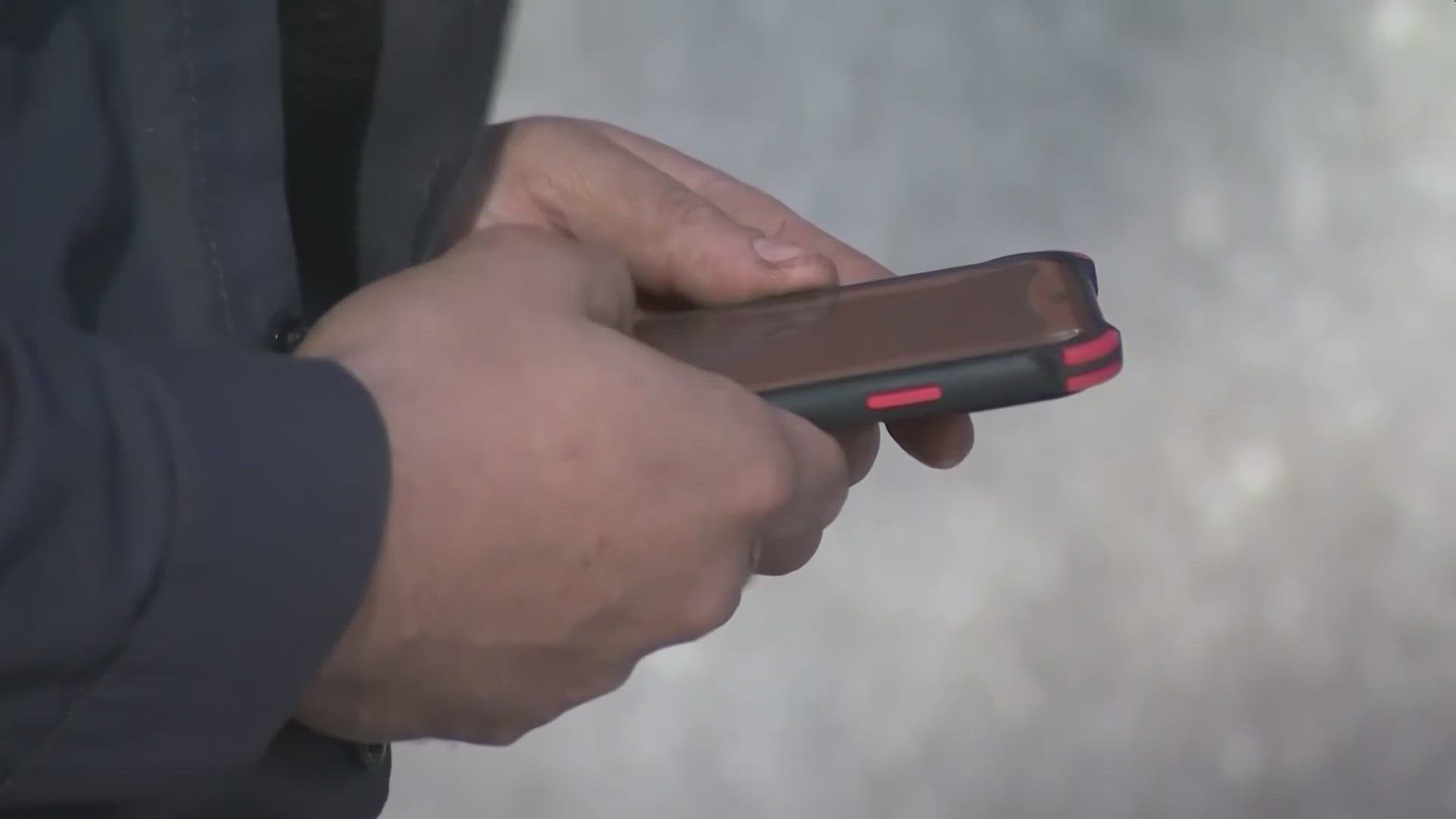GREENSBORO, N.C. — A few weeks ago Terri-Rae Elmer was at home when the phone rang.
"I hear this just screeching, high pitched, screaming: 'Mommy, mommy, mommy, mommy, mommy, you have to help me, I'm so scared, I don't know what to do.' And it sounded like my older daughter. And then this man comes on the phone, he said, 'You're going to give me $5,000 or I'm going to hold the phone up and you can listen while I start cutting your daughter's fingers off one by one'," Elmer said.
The caller said he was nearby and wanted to pick up Elmer and take her to the bank. That's when she realized it was a scam because Elmer's daughter was in another state at the time.
"And that's when I finally hung up on him. I immediately, immediately called both daughters," she said.
Elmer's daughters were both fine and she didn't lose any money, but that's often not the case.
Last year, Rio Brown told CBS News how scam artists used spoofing technology that can replicate phone numbers to trick her. When her phone rang the caller ID said it was her mom. She answered and a man came on and said he had both her parents.
"He said, we're going to kill your parents if you don't listen," Brown said.
The caller ordered her to send three transactions through a payment app totaling more than $1,500. She later contacted her parents and learned it was a scam. The payment app agreed to reimburse the payments but often scam victims never get their money back.
The FBI says Americans lost more than $54 million dollars to extortion scams last year, but the number is likely much higher because most cases are not reported. Investigators say sometimes the calls are random but can also be targeted. The FBI has seen many cases of con artists scanning social media for people who are traveling out of the country and then contacting family and claiming to have them, hostage.
"The first thing we tell people is before you do anything, hang up the phone and try to contact your loved one," says Michael Peasley, the FBI's Unit Chief for the International Violent Crime Unit.
Peasley says if you can't contact your loved ones start asking the caller questions.
"You could use something simple as: 'What was our first dog's name, or what's my middle name'," Peasley says.
A simple step, that can keep you from becoming a victim.
Correspondent: Danya Bacchus Producer: Chris Stein

